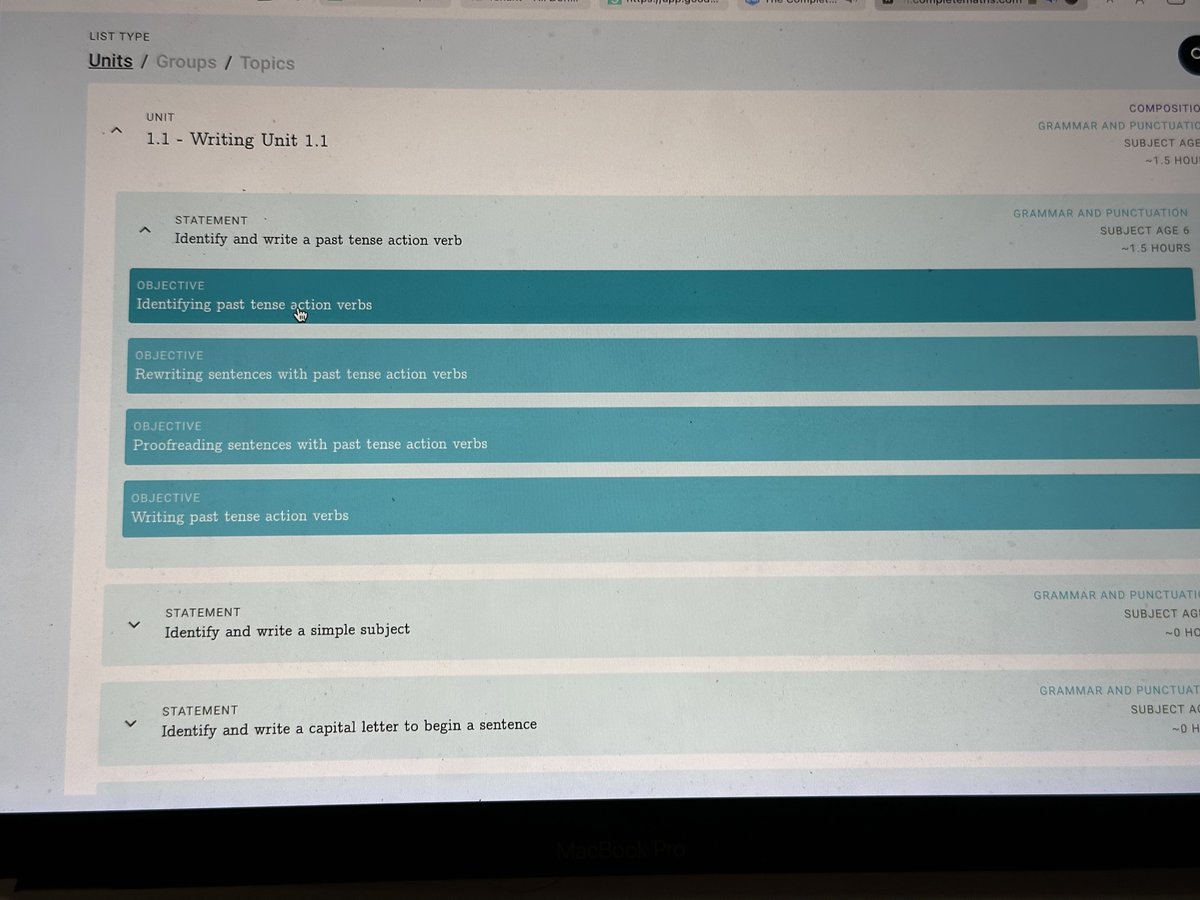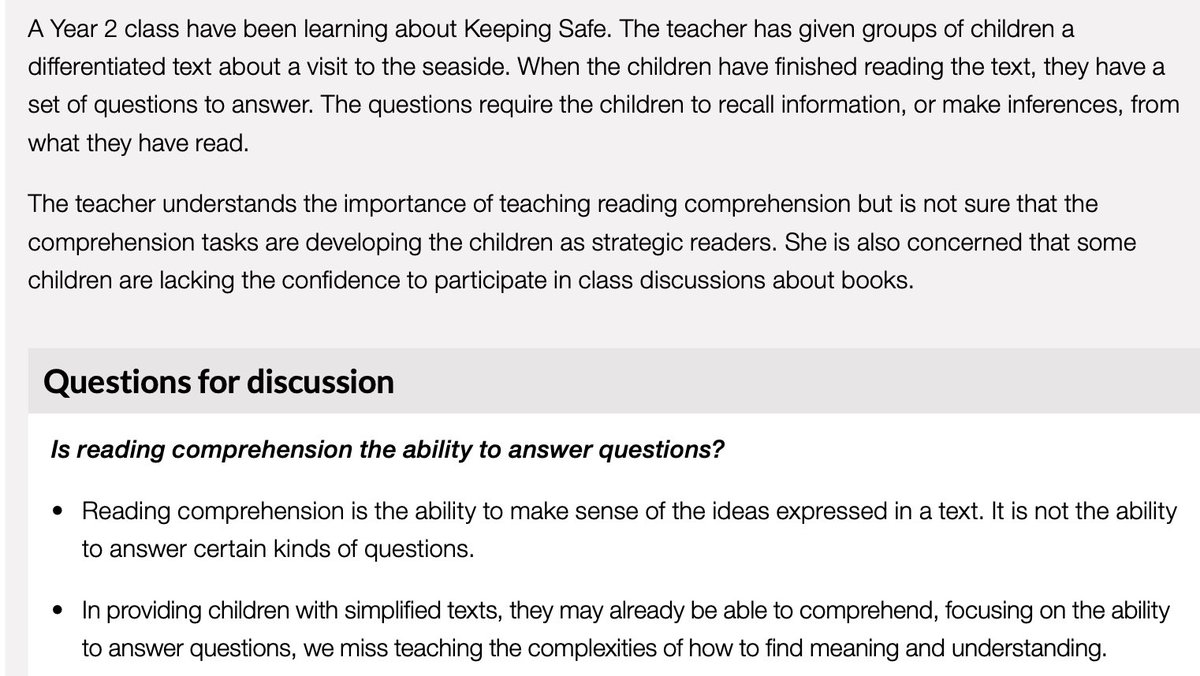
Cat’s out of the bag. Colleagues across STEP and Complete Maths have been working to bring our granular punctuation, grammar and sentence curriculum. With their platform and our teaching expertise, we think we have got something that will help really help… 

colleagues across primary and secondary understand what their journey has been like from Y1 and how we can best teach some of these ideas. It’s very much ‘beta’ right now. At STEP we are still full time leaders and teachers who are going through each granular goal…
With as much information as possible to support the teaching.
I know some people have asked about the sentence curriculum since Primary huh, and this is it. Get a free account by signing up at completemaths.com
Please retweet widely and bear with us while we populate it.
I know some people have asked about the sentence curriculum since Primary huh, and this is it. Get a free account by signing up at completemaths.com
Please retweet widely and bear with us while we populate it.
Excuse the tagging but it seems hardly anyone sees anything anymore.
@MrsSpalding @MaryMyatt @johntomsett @greeborunner @ZoeParamour @brassoteach @Tom_Needham_ @RyonWLeyshon @_MissieBee @LTeacher123 @ReBuckEdu @bird @cathiehewitt #primaryrocks
@MrsSpalding @MaryMyatt @johntomsett @greeborunner @ZoeParamour @brassoteach @Tom_Needham_ @RyonWLeyshon @_MissieBee @LTeacher123 @ReBuckEdu @bird @cathiehewitt #primaryrocks
And yes, if you know the English primary national curriculum, you will see that we pretty much ripped it apart and re-jigged it.
Better sign up link here - auth.completemaths.com/register
@olicav our attempt to use the messages of Harold Evans!
• • •
Missing some Tweet in this thread? You can try to
force a refresh















